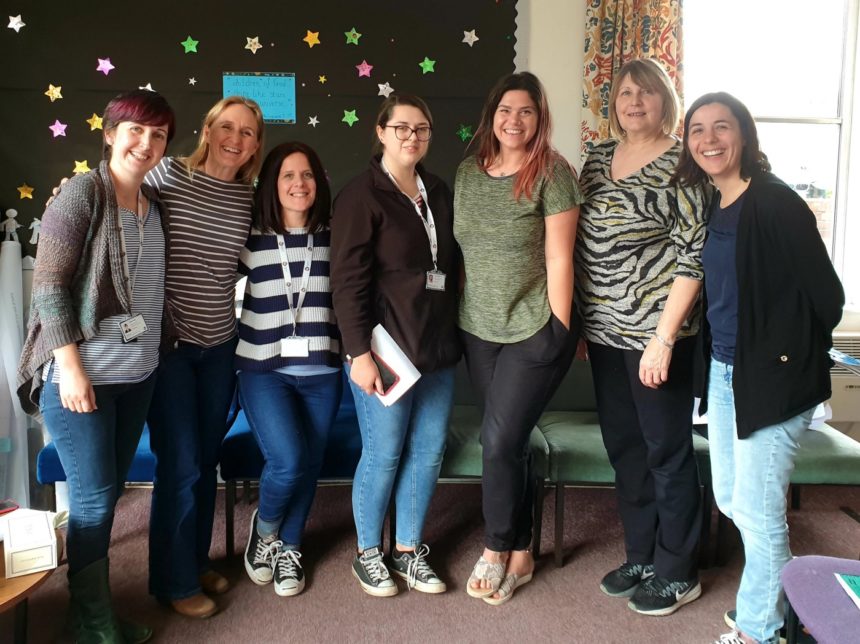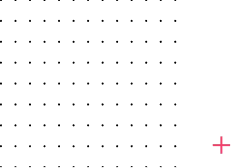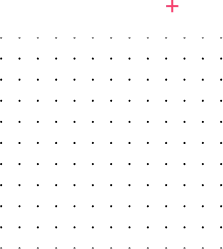Redefining the Future of Care Work

More than 40% of care workers leave their job every year as a result of poor employment conditions and a lack of career progression and team support.
Bellevie is on a mission to change this by re-thinking the broken time and task model which pays and charges for home care by the hour. We sat down with co-founders Trudie Fell and Violaine Pierre to learn more.
How did Bellevie come about?
Violaine: Trudie and I met on the very first day of Zinc’s Mission 2 company builder programme. I was immediately impressed by her 10+ years’ of senior leadership experience in the IT sector. She started as a software developer (after her PhD!) and has recently built and led multidisciplinary teams across the development lifecycle including architects, analysts, developers and testers. I’ve spent the last five years in the startup world — co-founding a social impact startup and working with French entrepreneurs to expand their businesses in New York.
When Trudie and I started talking, we realised that we had a shared ambition — to create good jobs. Technology offers tremendous opportunities to do more and do better, but we noticed that jobs, and people, were often forgotten by tech startups.
Trudie: Years ago I worked as a care assistant to supplement my meagre student income. I completely get why people go into care; the sense of purpose it gives. But I also saw how people are put off from staying in care. Our research showed us just how huge this problem is, and, with an ageing population the need for great care is growing just at a time where vacancies in care are increasing because people can’t find good jobs. While other low wages jobs are being automated, the demand for care is growing and we believe we can provide great employment in this space.
Today, care workers often have shocking working conditions, little to no career progression, a lack of team support, and are undervalued by their employees and society more broadly. This results in high turnover (42% of care workers in the UK leave their jobs each year), and a high number of vacancies (110,000), which in turn leads to poor service for older people who don’t get the continuity of care they need.
After extensive research, over 100 interviews, and shadowing of care workers in Kent, Bellevie was born!
What makes Bellevie different from others in the market?
Violaine: Most care agencies are focused on the transactional aspects of care provision — reducing expenses rather than adding value — and most startups in the space are trying to digitise a broken model. Bellevie is completely redefining the future of work in care by re-thinking the broken time and task model which pays and charges for home care by the hour.
Bellevie pays an annual salary (which is 40% above the average) and guarantees hours to give care workers financial security. We charge for our services through a monthly membership, providing people in later life with reliable wellbeing services at home — something they can’t find currently. Our carers work in self-managing teams which provides them with peer support and empowers them to make the best decisions for the people they care for. Bellevie will also become part employee-owned as we grow.
Trudie: Bellevie is making care work a sought-after profession. By attracting and retaining top talent, we’re able to deliver an outstanding service focused on the wellbeing of the people we support. We are a people first, tech-enabled company. We are using tech to help us scale and to allow our carers to spend more time caring.
What does success look like for Bellevie?
Violaine: Our mission is simple, but ambitious: we want to employ 15,000 care workers by 2025.

Trudie interviewing a 100 year old and her daughter about their experiences finding care.
How was the experience of building Bellevie on Zinc’s programme?
Violaine: Trudie and I met through Zinc (so without it there would be no Bellevie!) and we’ve met our three experienced advisors through the programme. Being part of a cohort of social entrepreneurs has also been a daily source of inspiration, support, and collaboration.
Trudie: Zinc has provided us with an individual coach and a team coach whose guidance has been invaluable when we’ve faced challenges. The opportunity to pitch to potential partners and investors in the final three months of the programme has also been fantastic. We found our early investors at a Zinc Show & Tell.

Violaine during a brainstorming session at the Zinc office
Is there a Founder that you most admire and if so, why?
Violaine: Hamdi Ulukaya, founder of Chobani! He is my role model for a successful social entrepreneur. I went to several tech and business events in the US where he was a speaker. He was always the only one talking about his employees and local communities, and how important they are for his business.
Trudie: Julian Richer who founded Richer Sounds in the ’70s. His business philosophy champions providing secure, well-paid jobs with a happy workforce as being key to business success over the long term. And he’s made it work. That’s exactly what we want to do in the care sector.
As co-founders, what makes your collaboration work?
Trudie: We have a common passion — changing the lives of care workers and older people who need support at home. Having this shared north star is central to our collaboration. We both have strong operational skills, but we bring different experiences and backgrounds in business development and tech.
Violaine: We have a similar work ethic, but complementary strengths. The coaching we’ve received has helped us build a strong relationship with good communication to overcome any challenges. We learn from each other, and not just for work-related tasks! Being French, I am learning new British expressions such as “it’s bonkers!” and sports like lawn bowls. And in turn, I take any opportunity to talk about France, in particular our (much better) food, and (also much better) weather!
What’s next for Bellevie?
Violaine: We’re very excited to have our first team of care workers up and running in Abingdon, Oxfordshire, in partnership with the Wellbeing Teams. We are focusing on finding people to support there, and expanding our team of carers. In parallel, we’re funds raising.
Trudie: If you know people who are looking for support at home in Oxfordshire, or angel investors who would be interested in learning more about how we plan to make Bellevie the number one provider of wellbeing and home care services in the UK (then the world) please get in touch!
Website: https://www.belleviecare.co.uk/
Email: info@belleviecare.co.uk
Twitter: https://twitter.com/Bellevie_care
Facebook: https://www.facebook.com/BellevieCareUK/
Join the Zinc community
Stay up to date with all Zinc updates and future posts as part of our fast growing community.
Featured Resources
Zinc Impact Report 2024
Zinc’s mission is to make the UK the best place to successfully start a venture which can have a massive impact on the health of people and the planet.
Increasingly, we are building deeper science ventures that serve global, industrial customers in environment and health, giving access to impact at a global scale.
Our 2024 Impact Report explores the challenges that need to be tackled to empower and enable talented founders from around the world to solve critical health and environmental challenges at scale, from here in the UK.
This report showcases success stories from the Zinc portfolio, and highlights how Zinc – and our growing community of hundreds of Founders, Fellows, Coaches, Partners and Funders – are working together to build a world-leading “Science-for-Impact” ecosystem for inception stage ventures in health and environment.
Impact Report 2023
We started Zinc with the hypothesis that missions are an effective way to attract highly ambitious, talented and experienced groups of innovators, who might not recognise themselves as “classic entrepreneurs” but are ready and able to start a new commercial and successful venture to tackle some of our most pressing societal issues.
The world has overcome the sorts of challenges we face today when it has adopted a mission-based approach to the biggest problems and brought together world-class talent to invent and innovate, e.g: NASA and landing a man on the moon, the LSE blueprinting the British welfare state, or the Gates Foundation aiming to eradicate diseases.
On this basis and assumption, we designed Zinc as a new mission-based Venture Builder — a place where global talent, ‘impact makers’, can join to experiment and develop new solutions to our most pressing societal issues.


